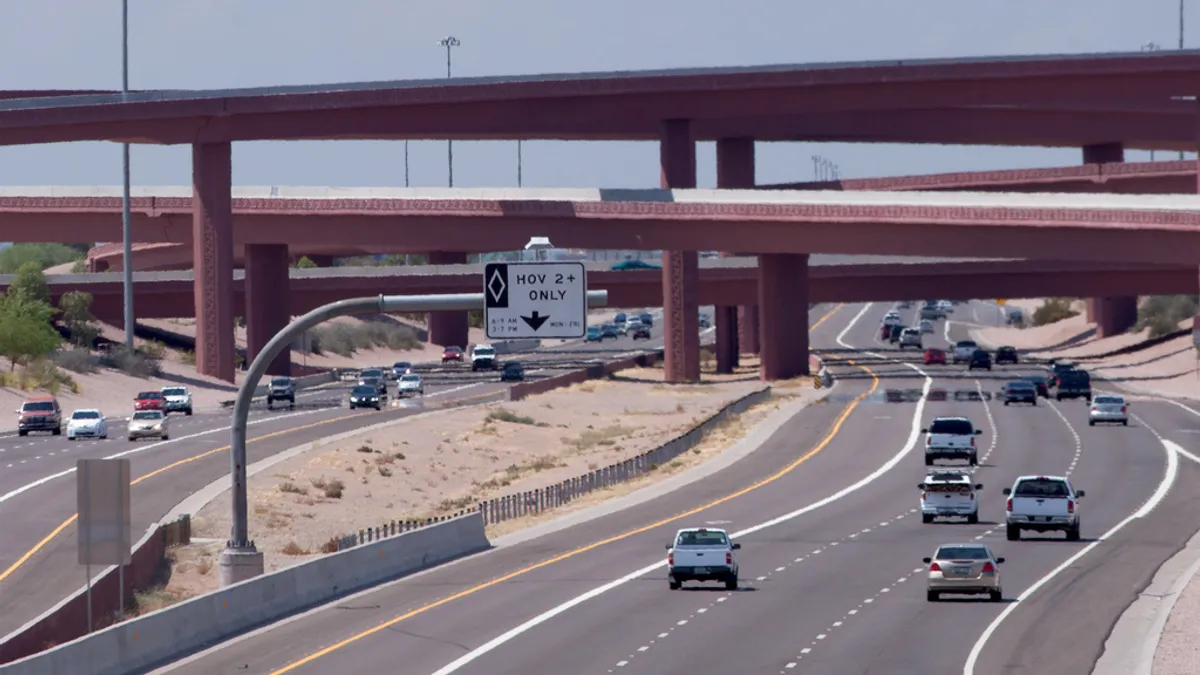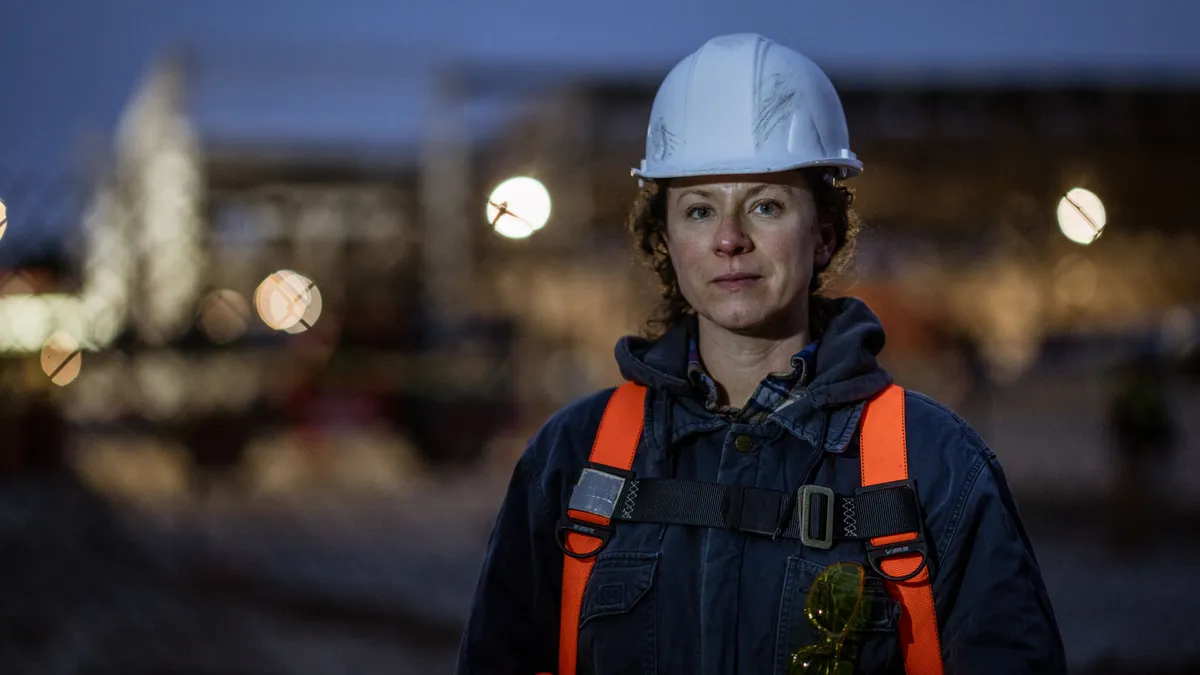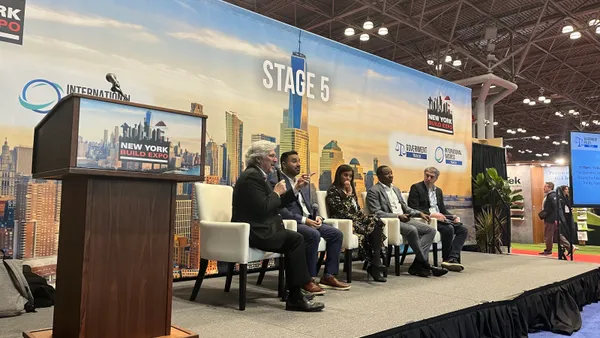Dive Brief:
- Gary Cohn, an economic adviser to President Donald Trump, reportedly told House lawmakers Wednesday that they would be voting on a 7-cent federal gas tax increase next year, according to The Hill, as a funding mechanism for the president's proposed $1 trillion infrastructure initiative.
- The move is supposedly in response to Republican pushback against the administration's attempts to establish a revenue stream for infrastructure as part of the tax reform legislation now under consideration.
- The federal gas tax, currently 18.4 cents for gas and 24.4 cents for diesel, has not seen an increase since 1993 and feeds the Highway Trust Fund (HTF), which allocates money to each state for surface transportation construction projects. According to the Congressional Budget Office, the HTF will be completely tapped in the next 10 years without an increase in or new source of funding.
Dive Insight:
Since President Trump's campaign, Republicans have warned they would do their best to block any major federal spending program intended to pay for his massive plan to repair the country's aging and, in many cases, structurally deficient infrastructure. Ironically, this hesitancy on the part of the GOP to raise taxes or create new infrastructure funding as part of tax reform could force the White House to turn to the private sector, a previous strategy that Trump reportedly eschewed in September.
Public-private partnerships (P3s) were the centerpiece of Trump's infrastructure plan, but he supposedly told House Democrats they were "more trouble than they're worth" and that they would not feature prominently in his $1 trillion proposal. However, with the potential for federal sources of extra cash dwindling, he might have no other option than to turn to private investment.
Several states — like California and Indiana — have been more aggressive than the federal government in their quests to update and modernize their own infrastructure and have taken their political chances with gas-tax increases. There has been conservative opposition to raising money that way, but, by and large, taxpayers have accepted the hikes because they have been assured the money will be dedicated to improving the roads and bridges they use every day.
A Bloomberg survey, published this past July, determined more than 50% of Americans would get behind an increase in the federal gas tax as long as their local roads would benefit. Another poll, this one conducted by HNTB and analyzed by Reuters last month, revealed that 75% of Americans approved of higher taxes and tolls if it meant improvements would be made to infrastructure.














